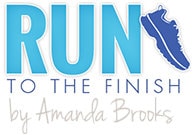Protein For Runners: Why You Need More And How To Get It
Learn how much protein runners need to support your activity and promote muscle repair and growth. It's as important as carbohydrates.
If you’re a runner looking to learn more about how to perfect your nutrition to improve performance and prevent injuries, then this is the place for you! Here you’ll find articles covering everything there is to nutrition for runners including, such as the best carbs for runners, the best pre workout snacks, and even how to fuel for a race.
You’ll also find useful guides for sports nutrition and supplements such as BCAAs, electrolyte powders, running gels, to common mistakes runners make such as the common carb loading mistakes and how to avoid runner’s diarrhea.
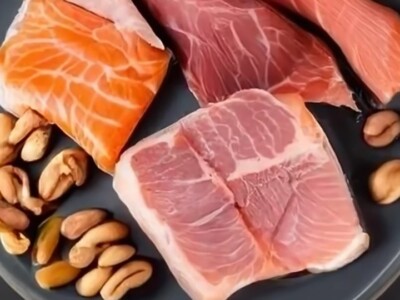
Learn how much protein runners need to support your activity and promote muscle repair and growth. It's as important as carbohydrates.
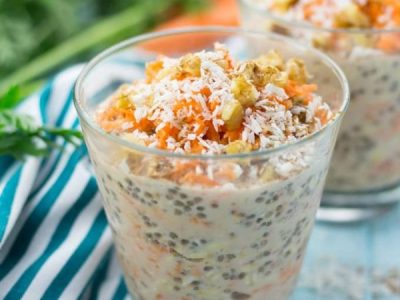
Changing your eating habits is daunting. Checkout these healthy high protein dairy free meals to begin finding ways to make the change.
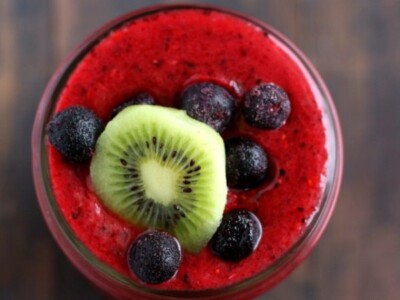
Trying to figure out what to eat after running? 29 post-run meals ideals for optimal marathon or any run recovery.

If you’ve been looking for a pizza recipe that’s healthy and tasty, then this runner’s pizza recipe is exactly what you need! It’s made with …

Discover the best foods to eat after a run to help your body recover and replenish essential nutrients. From protein to carbohydrates
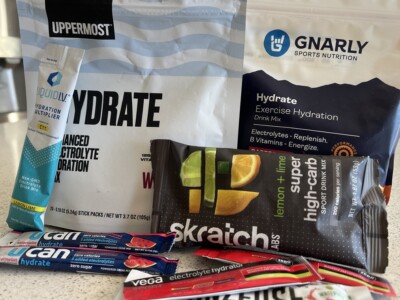
Comparison of the best electrolyte powder: taste, ingredients, sugar, nutrients to provide hydration and endurance benefits.
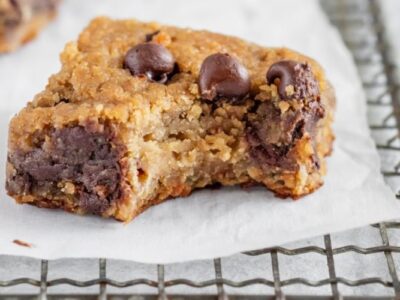
Confession. I don’t cook very often with nut butter because I’m usually eating it directly off the spoon. However, I realize the …

If you’ve been struggling with poor sleep quality, then this guide to natural sleep aids and remedies will come in handy! Here's the science …

Are you tired of getting jitters or perhaps the withdrawal when you can't get your coffee? Consider these 15 caffeine-free energy options.

Do I need to fuel during a half marathon? Can you get by without gels? Half marathon nutrition to feel energized and avoid stomach issues.

Making your own homemade electrolyte drink is a complete game-changer! It’s incredibly easy, tastes great, and is customizable too!
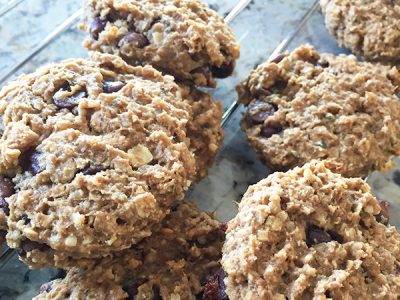
These homemade energy bars are so easy to throw together, and they make such a healthy snack. The recipe is simple but delicious …
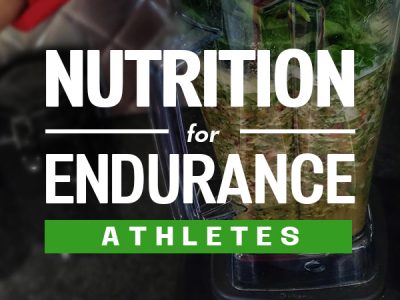
Sports nutrition for endurance athletes goes far beyond the old calories in and calories out. Find out what matters and who we trust!

Here's a complete guide to the best healthy travel snacks I recommend you have as a certified personal trainer and running coach! They're …
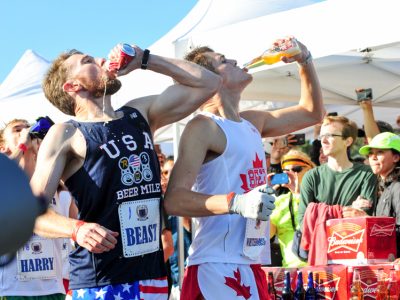
Ever wondered if that beer your dream about during a long run is going to hinder your recovery? Dishing on the effects of alcohol after …
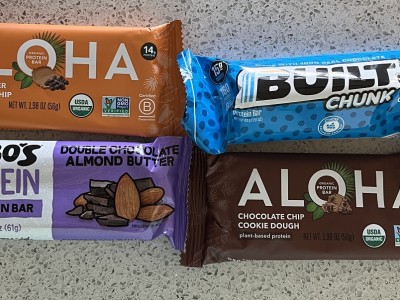
After a long run or hard workout, runners often don’t feel like eating. Here are the best protein bars for runners to keep fueled!

We’ve spent months putting in the miles and testing out all kinds of fueling options on the run. Yet, what to eat the week of a …

Running supplements are popping up everywhere to help joints, provide energy, speed recovery, but what do you actually need? Read on.

If you ever chat with ultra runners, you’ll rarely hear them talk about downing 100 gel packets over the course of their 24-48 hours …

As any experienced runner knows, success in a marathon is not solely determined by physical training. It’s a harmonious interplay of …
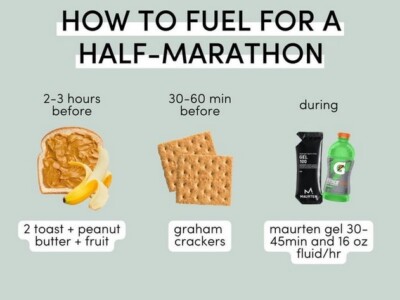
Fueling your body adequately by knowing what to eat before a half marathon can make all the difference between hitting the wall halfway …

If you're a runner, you've probably experienced insatiable running hunger at least once. Here's a complete guide on why it happens and 17 …

We all know how important breakfast is, but what about the benefits of a high protein breakfast? Learn it all here, including how it can …
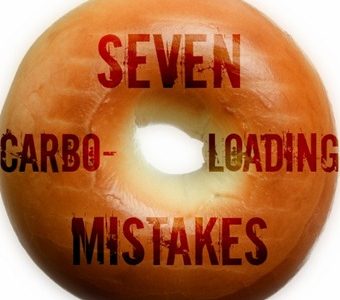
When it comes to carb loading, knowing what to do and what not to do is essential! This guide shares everything you need to know, along with …
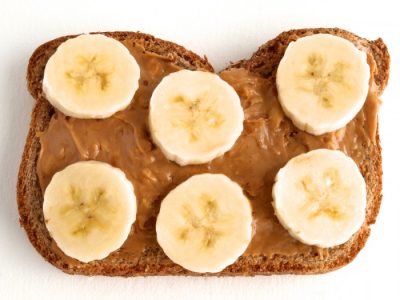
Figuring out what a good pre-workout snack is can be both tricky and overwhelming. Will carbs improve performance? Will not eating improve …

Energy chews are small jelly-like snacks that provide lasting energy for endurance athletes. Find out what the 7 best energy chews are in …
This InsideTracker Reviews comes after multiple tests to show you the full process, costs, pros and cons of this athlete testing system.
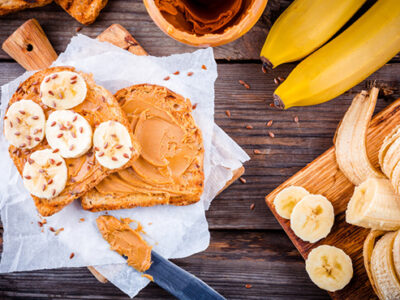
Do you need to carb load for a 10K? What should you eat race morning? All your how to fuel a 10k questions answered!

Nausea after running is really unpleasant but fortunately, it's avoidable for most people. If you're dealing it after a run, here are the …

Here's how to buy the running hydration packs. Tested and recommended by a running coach. All you need to pick the right pack for you.

Energy gels are good source of race fuel. Here are the 13 best running gels according to a running coach, broken down into different …
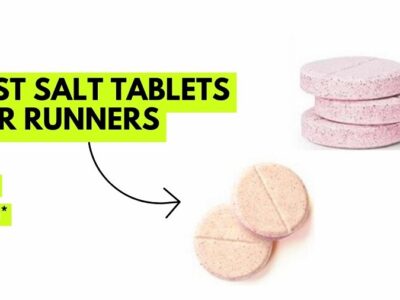
Everything you need to know about salt tablets for runners. Including our top 5 recommendations, when and how to use them.

For years Run To The Finish was just a blog about my running and then suddenly in 2012 my journalism roots took hold and it became a full …

If you want to know whether collagen for runners is worth the hype, this article lays it all down including researches to help you decide if …
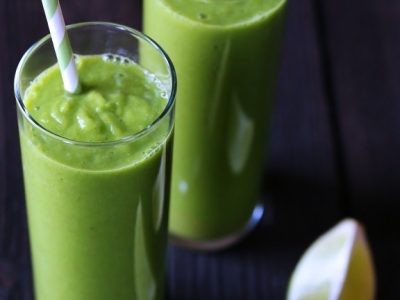
If you’ve always been fascinated by the idea of green smoothies, but just didn’t know where to start or what makes a good smoothie, this …

Maybe you grew up hearing not to swim for 2 hours after eating and now you’re wondering when can I exercise after eating?? Is there a …
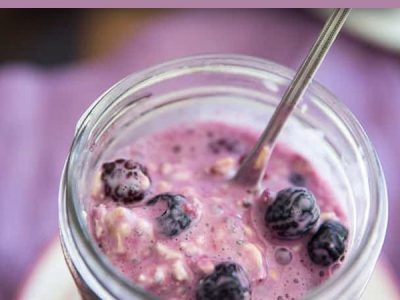
If you’ve been on the hunt for a high-protein breakfast that’s not only delicious but easy to make as well then this High …

Looking for the best carbs for runners? This complete guide includes the 9 best ones, including how much you need to take, and why it's …

There's some evidence that consuming beet juice might improve running performance. Learn more about this claim, including why it might work.

One of the biggest questions runners have when increasing is what to eat before a race. Whether it’s before, during, or after a run there …

For some of you, I’m about to blow your mind with all the ways that potatoes are good for runners…and I don’t just mean …
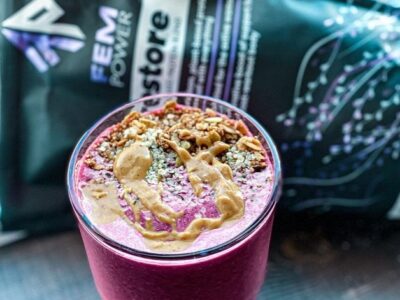
Is there a best protein powder for runners, for women, for performance? Exploring from plant-based to whey, the benefits and drawbacks in …
